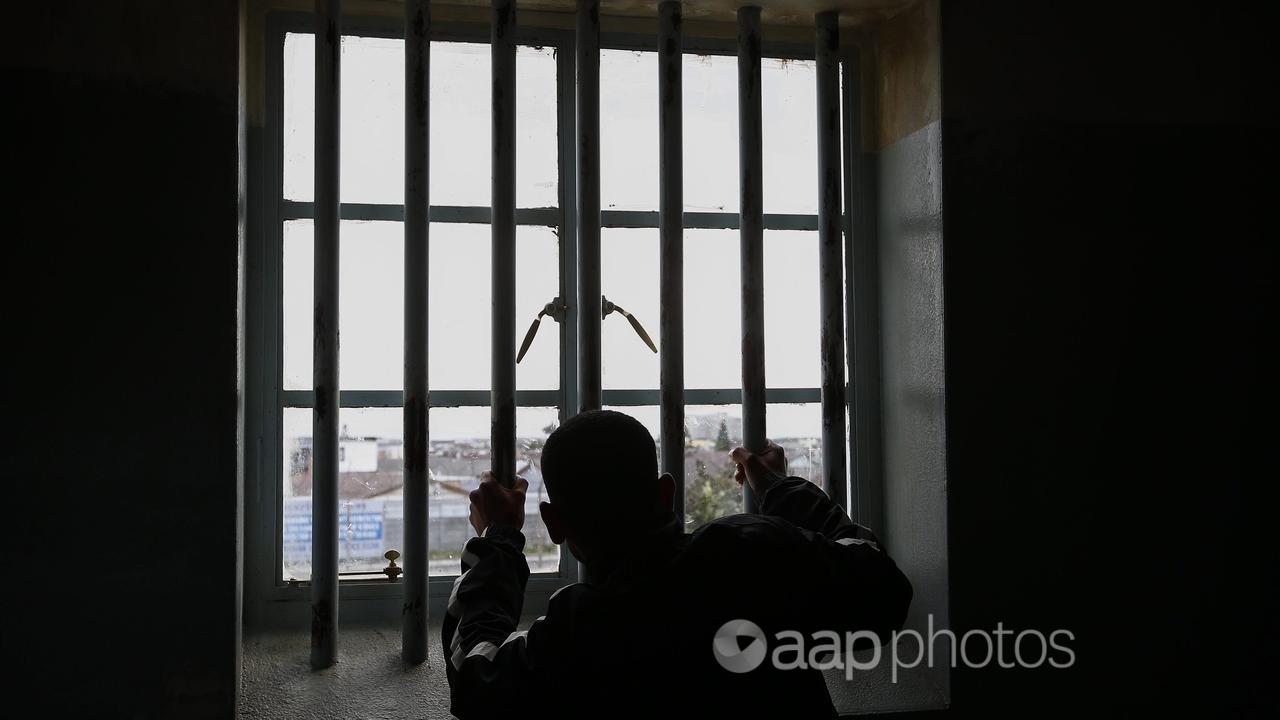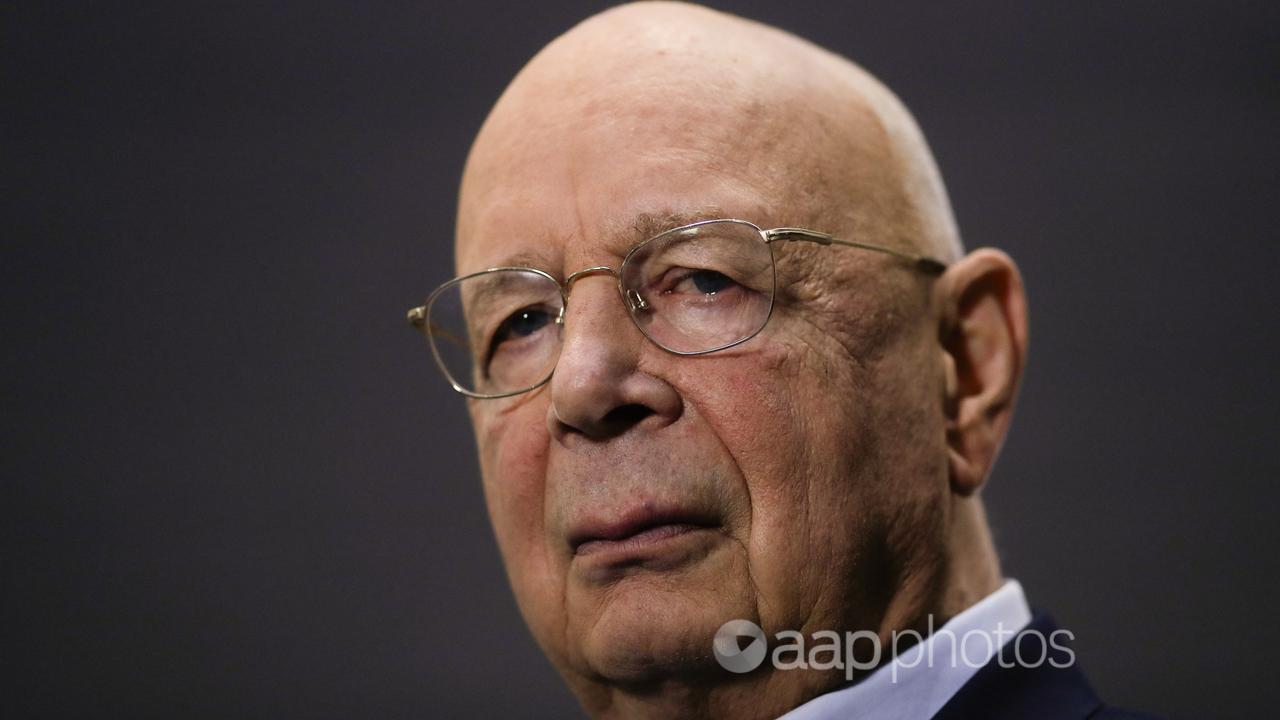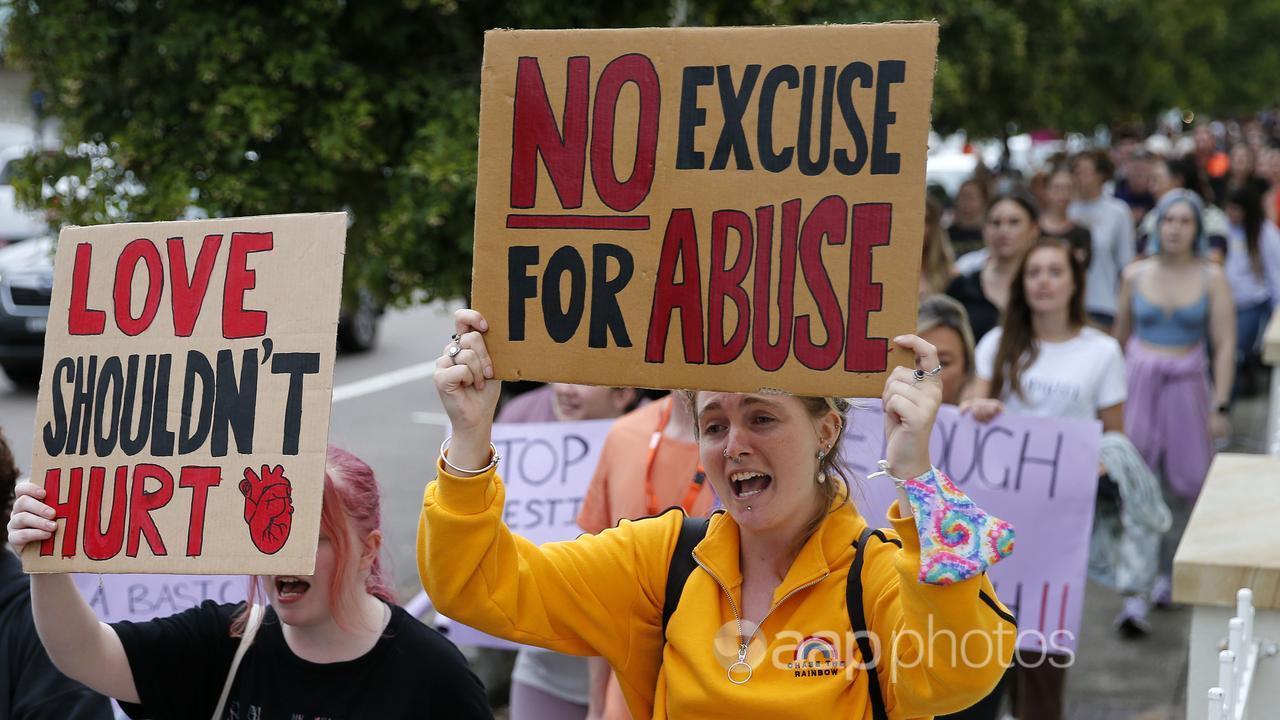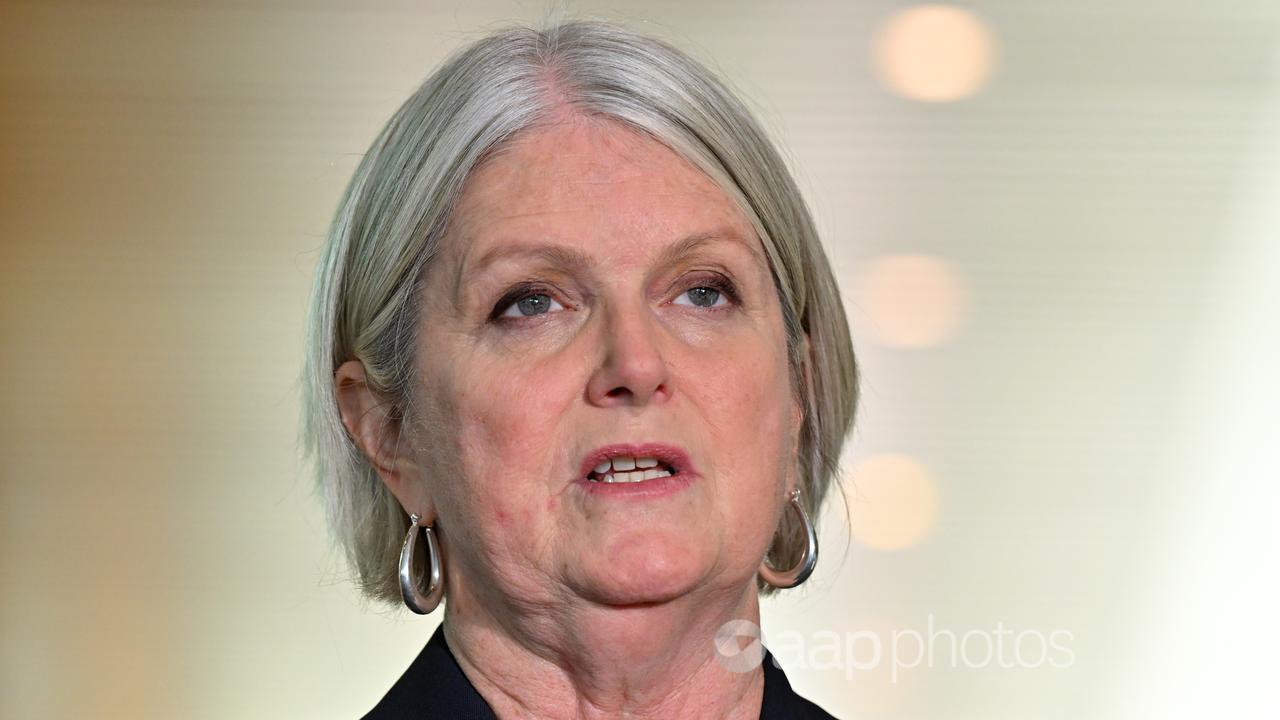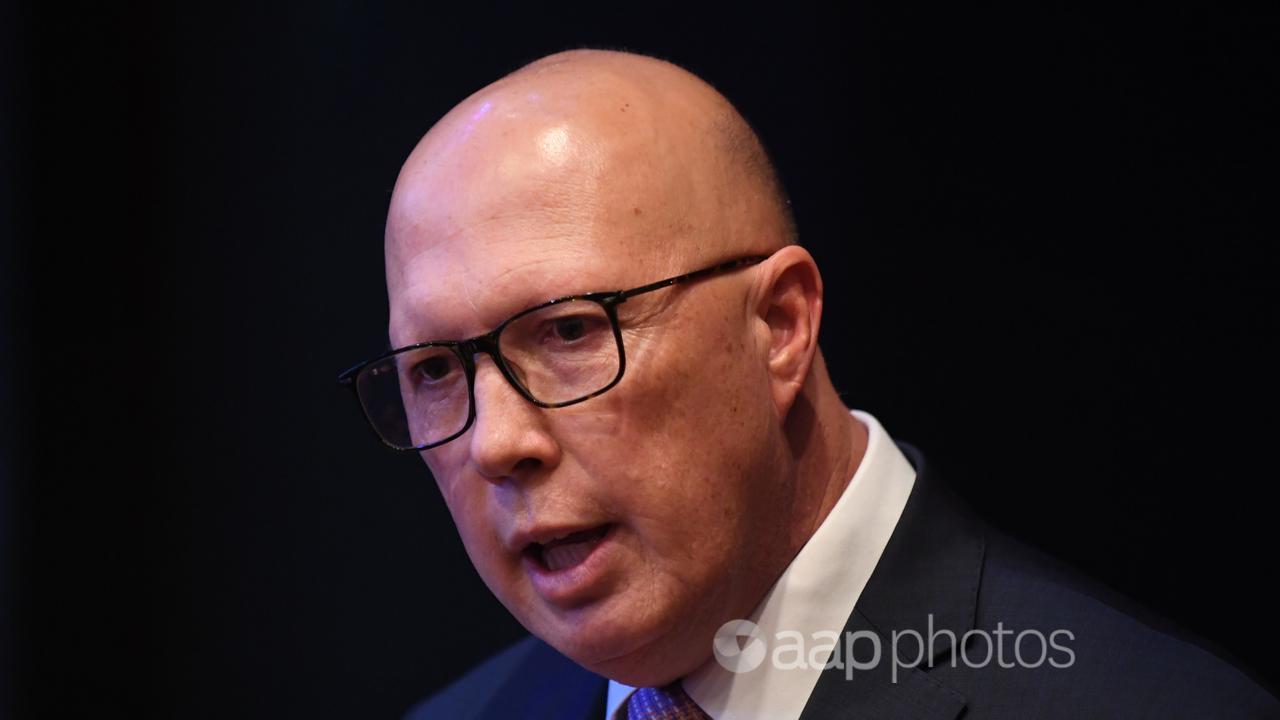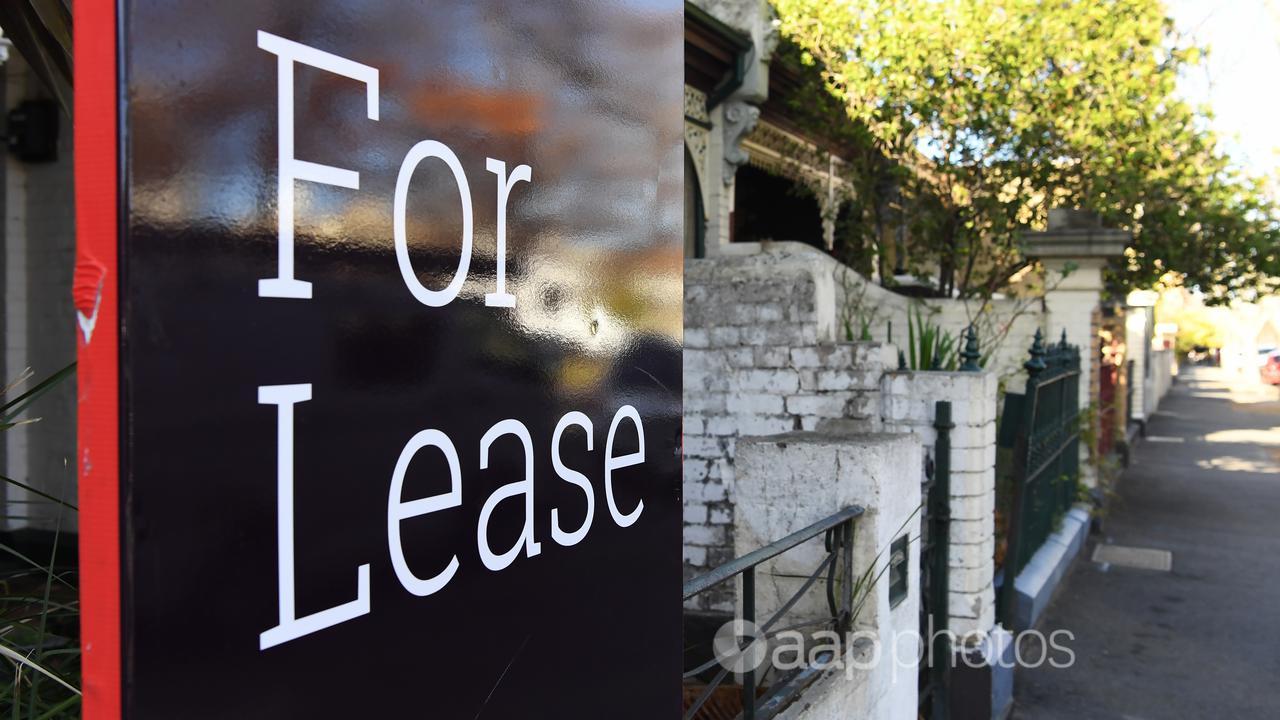The Statement
A Facebook video shared to an Australia-based page includes claims that people vaccinated for COVID-19 won’t be allowed on flights because the vaccine makes them infectious.
“People aren’t going to be able to fly because they’re infectious after they have the vaccination,” a man speaking in the video says. “So airlines don’t want to let them on if they have had the vaccination, but they can’t let them on if they haven’t. I mean, this whole thing is just f***ing ridiculous.”
The statement is made around four minutes into a six-minute video of the man speaking to the camera about face masks and other measures to tackle COVID-19. The video was published by a Facebook page that promotes anti-lockdown rallies in Australia, the US and the UK.
At the time of writing, the post had been viewed more than 60,000 times, generating more than 1300 shares and 1700 comments and reactions.

The Analysis
There is no credible evidence that airlines do not want to take on passengers who have been vaccinated for COVID-19, or that they have any plans to prevent vaccine recipients from flying. Airline representatives told AAP FactCheck that vaccines are an important tool for getting people back in the sky – rather than being a potential barrier to travel.
The claim about people being “infectious” after vaccination seems to be based on the false premise that COVID-19 vaccines can ‘shed’ from one person to another. As explained in a recent AAP FactCheck debunk, it is scientifically impossible for COVID-19 vaccines to pass from person to person as the vaccines contain no live virus or any other infectious material. Similar claims have been disproved here, here, here and here.
A Google News search brings up hundreds of news stories about the prospect of mandatory vaccinations for airline passengers – sometimes referred to as “vaccination passports” – but AAP FactCheck could find no credible reports about airlines banning vaccinated passengers, considering such policies or raising concerns about taking these passengers on board.
The International Air Transport Association (IATA), the global trade association for 290 airlines, representing 82 per cent of total air traffic, refutes the idea that vaccines are an impediment to travel. An IATA spokesman told AAP FactCheck the opposite was true.
“The industry is of the view that vaccines have an important role to play in the restart and recovery of international travel,” IATA’s head of corporate communications, Albert Tjoeng, said in an email. “We see vaccination as facilitating people travelling, not to prevent travel.”
An IATA position paper on vaccination and air travel notes that vaccines have proven very successful at reducing both infection and onward transmission of COVID-19, saying the risk of virus transmission by recipients “is very significantly reduced, relative to non-vaccinated travellers”.
IATA does not support mandatory vaccinations for international travel, it says, because this would discriminate against travellers who cannot access the vaccine in their home country or are unable to have the jab for other reasons.
Qantas and Virgin Australia both dismissed the idea they have considered preventing vaccinated passengers from boarding planes.
A spokeswoman for Qantas told AAP FactCheck the airline has never mentioned banning vaccinated people from travel, and its CEO Alan Joyce has spoken on many occasions in support of COVID-19 vaccinations for airline passengers.
She pointed to a media conference on April 15 in which Mr Joyce suggested vaccination should be a requirement of international travel. He told media at the time: “I would say that we are regarded as being the safest airline in the world and as a consequence of that we have a duty of care to our people and a duty of care to our passengers. We do think it should be a requirement that people are vaccinated on our aircraft to minimise the risk to people travelling.”
Mr Joyce similarly told the BBC in March that many governments were talking about making vaccinations “a condition of entry” for international travel. Even if this didn’t happen, airlines should enforce their own vaccination policies, he added.
“We have a duty of care to our passengers and to our crew, to say that everybody in that aircraft needs to be safe,” Mr Joyce said.
A Qantas statement on vaccinations and international travel, published in November, said there is “no suggestion that a vaccine would be required for domestic travel” or travel to New Zealand but it is likely that some countries “and possibly airlines” will require passengers to be vaccinated before travel. Qantas acknowledged in the statement that an alternative process was needed for people who could not be vaccinated for medical reasons.
A spokesman for Virgin Australia told AAP FactCheck via email: “It is highly unlikely that we would make vaccination compulsory for domestic flights, nor are we considering placing restrictions on vaccinated travellers. We will, of course, continue to consider relevant government and health advice around vaccination and will make any decisions in line with passenger and crew health and safety.”
In a statement on May 17, the airline noted it was only a matter of time until “we will be sufficiently vaccinated to protect our people and our hospital system to open our international borders”.
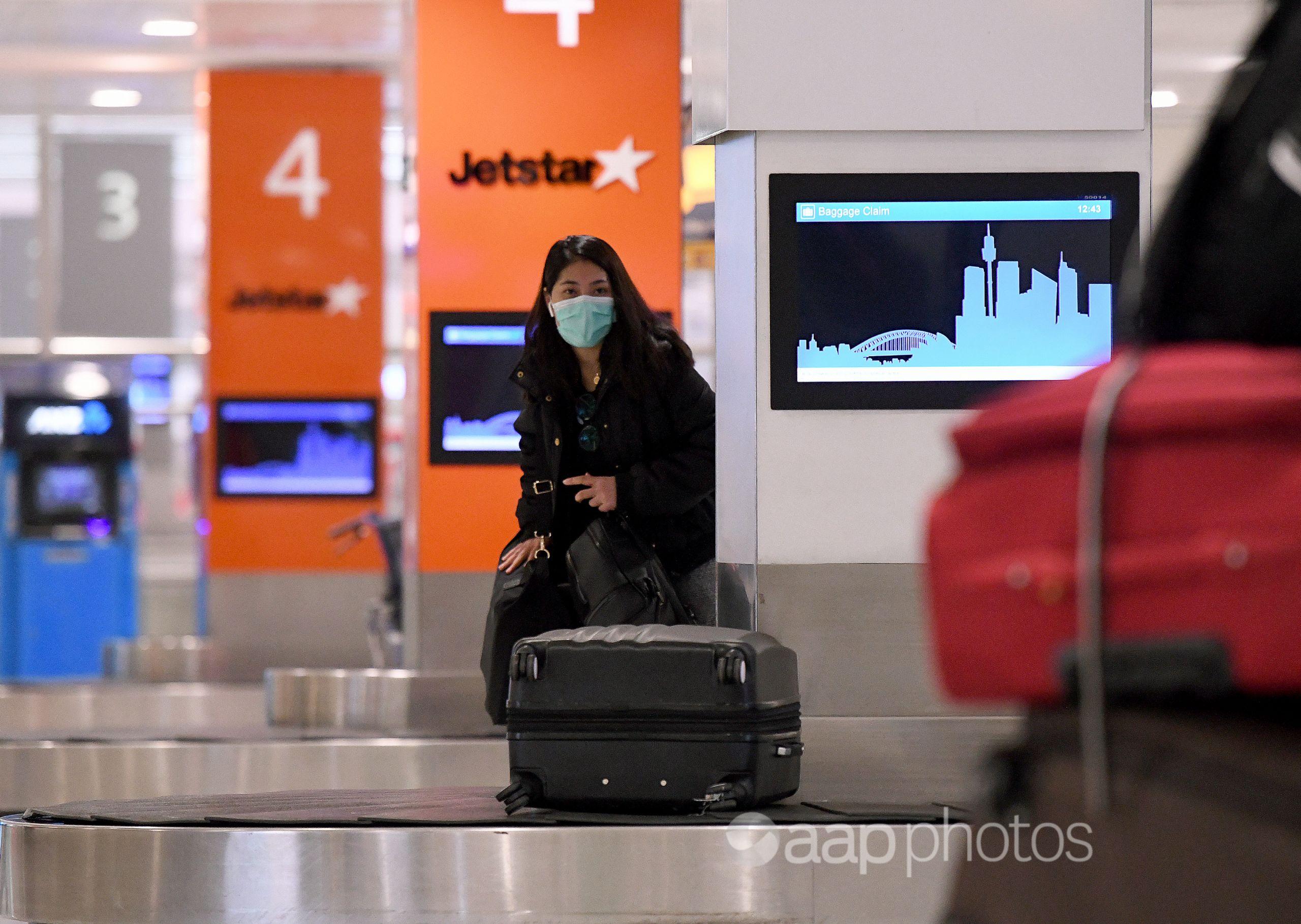
The Verdict
There is no basis for the claim that people who receive a COVID-19 vaccination will be unable to fly or will be barred by airlines. Airlines have refuted the suggestion, which runs counter to their public positions on vaccinations.
Claims that COVID-19 vaccines make people “infectious” have previously been debunked by AAP FactCheck.
False – Content that has no basis in fact.
* AAP FactCheck is an accredited member of the International Fact-Checking Network. To keep up with our latest fact checks, follow us on Facebook and Twitter.
All information, text and images included on the AAP Websites is for personal use only and may not be re-written, copied, re-sold or re-distributed, framed, linked, shared onto social media or otherwise used whether for compensation of any kind or not, unless you have the prior written permission of AAP. For more information, please refer to our standard terms and conditions.




